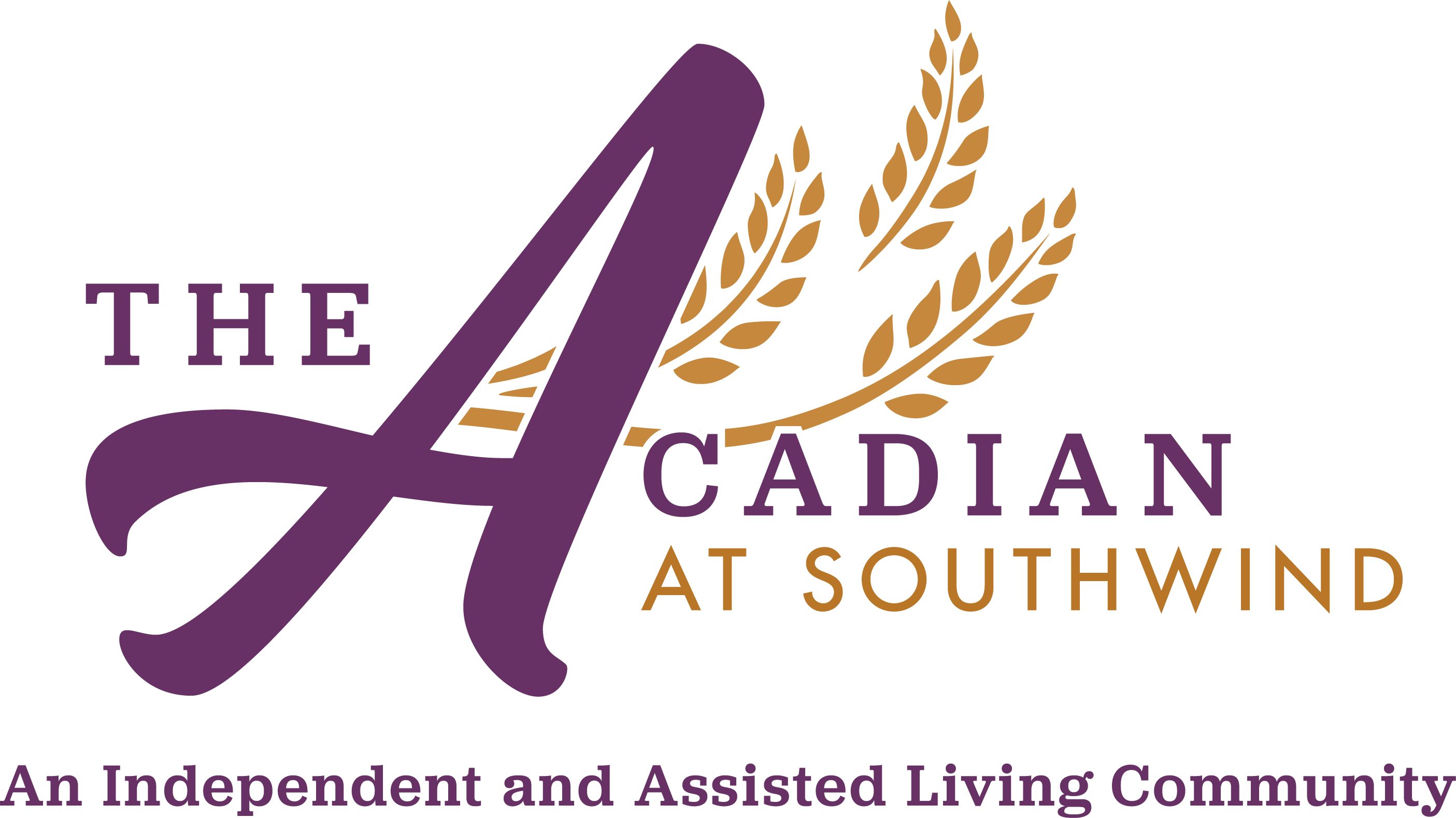
Discover The Right Option For You
If you haven’t planned for long-term senior living care, you aren’t alone. Few people do! This doesn’t mean you won’t be able to fund the care you need, it just means you may have to reassess options that you didn’t realize may work to your benefit.
Pricing
Most people looking for long-term care living do not realize that assisted living can be less expensive than nursing home care or private sitter care in the home. Fortunately, just like the variety in settings, styles, and amenities offered at The Acadian at Southwind, our senior living options are available at a variety of affordable price points. Costs vary with the apartment size and types of services needed. The basic rate may cover all services or there may be additional charges for special, personalized services. The Acadian at Southwind charges on a month-to-month lease arrangement and does not require a long-term contract.
Base Rates
Base rates are determined depending on unit size: studio, one-bedroom, or one-bedroom plus bonus room apartment. Base rates cover the following services and amenities:
- Room and board
- Three meals and snacks
- Weekly housekeeping and laundry service
- Daily life-enriching activities and entertainment
- Local transportation
- On-site religious services
- 24-hour on-site supervision
Pricing Models To Fit Your Unique Needs
We have created a tiered pricing model with bundled services. A resident needing very little assistance would move in at the lowest tier. Other pricing models include a la carte or fee-for-service basis. We will regularly review your service and care plans to ensure that pricing models fit your current needs.
Other Financial Options To Consider
There are many resources and alternative financial arrangements that can be made in determining the best route for financing your apartment at The Acadian at Southwind. And although private financial resources are often used by residents to fund an apartment, it is not the only source.
For most seniors, the home is the biggest asset. One option is to sell or rent the home and use the proceeds or rental payments to fund senior living. And depending on the nature of your health insurance program or senior living care insurance policy, some costs may be reimbursable.
Long Term Care Insurance
Long-term care insurance (LTCI) helps cover costs not paid by private medical insurance. This type of plan can help minimize the financial impact of long-term residential living in an assisted living. If you have an LTCI policy, please contact your representative to learn how you can maximize your benefits to cover your assisted living expenses.
Veterans Aid and Attendance Pension
The Department of Veterans Affairs provides the VA Aid and Attendance Pension to eligible wartime veterans and their surviving spouses. This benefit can offset a significant portion of assisted living costs. Contact your local VA office to determine how to start your application today.
Reverse Mortgages (Reverse Annuity Mortgage)
For couples who are trying to finance assisted living care for one spouse while the other remains at home, a reverse mortgage can be a viable option. Available to homeowners who are 62 or older, a reverse mortgage lets you convert some of the equity in your home into cash without having to give up the home.
With this option, instead of paying a mortgage, the financial institution pays you, the homeowner, a lump sum or monthly payment, which can then be used for assisted living. Most experts suggest the reverse mortgage be considered only for the last five years or so of senior housing.
Life Insurance Policy Conversions: Long-term Care Benefit Plan
Instead of allowing a life insurance policy to lapse or be surrendered, you may be able to convert your policy into a Long Term Care Benefit Plan. Most types of in-force life insurance policies (Term, Universal, Whole and Group) with a death benefit of $50,000-$1,000,000 can be converted into a Long Term Care Benefit Plan that will start covering immediate costs of any form of senior care the policy owner chooses.
It is a unique financial option because, in most situations, it pays for immediate care needs, all health conditions are accepted, there are no wait periods, no care limitations, no costs or obligations to apply, no requirement to be terminally ill, and there are no premium payments. Policy owners have the legal right to convert an in-force life insurance policy to enroll in the benefit plan, and are able to immediately direct tax-exempt payments to cover their senior housing and long term care costs.
